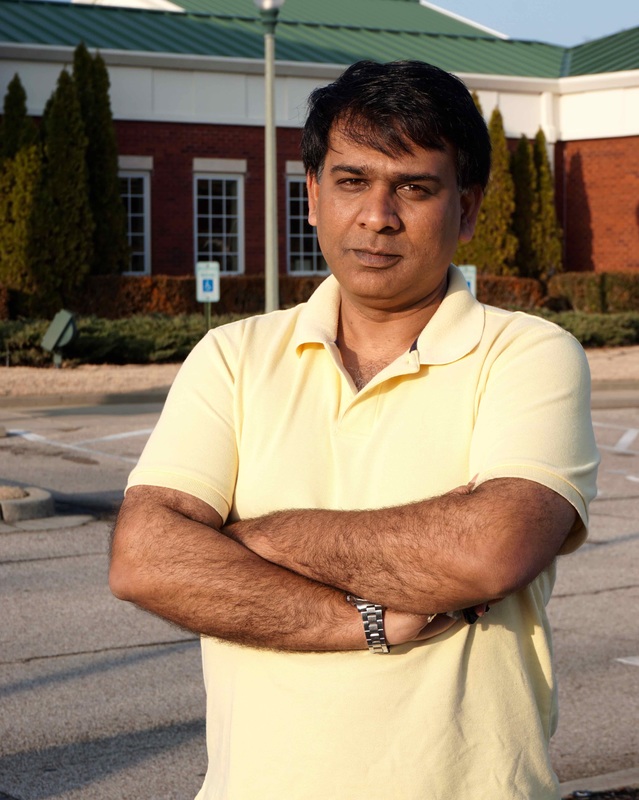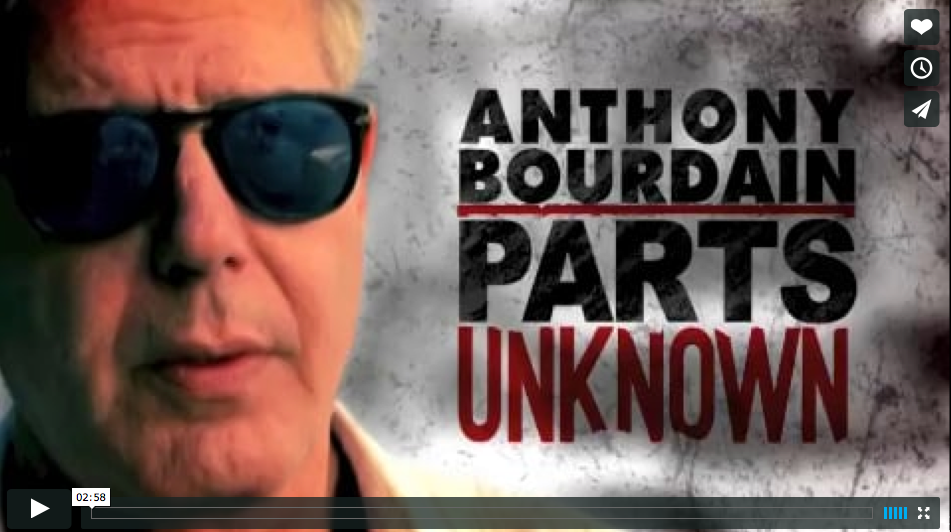“As a TV and news producer for going on 13 years, I’ve covered all kinds of stories---refugee issues, terrorist attacks, crime, so many things---and each one has changed me. Some of the stories that stand out most in my mind have involved human trafficking. I was researching high-end brothels in Bombay, but I wanted to find out about street prostitution too, so I just hung out in a red light district for a few days. Once people got used to seeing me and realized I wasn’t a threat, they started talking. The women there were selling their bodies for ten cents (in Indian currency), but they were so poor that even that little bit of money was very important to them. The reality of the situation hit me hard when a guy came up to a woman I had just been talking with, and she quoted him a price of twenty cents. He said no. She said, ‘I’ll do it for ten.’ He said no again. So she said, ‘Okay, 5 cents.’ Five cents? Five cents won’t get you anything in India! I thought, ‘Oh my! What people are going through!’ I saw children as young as two years old being trafficked in some areas, and that really affected me. I was depressed, irritable and moody for months afterward. You can’t do those kinds of stories and remain the same person.
“There was another instance when I went undercover as a volunteer in a clinical trial. We met a lot of families whose main source of income was participating in clinical studies. Safety guidelines and controls are not as strict in India, so it’s easier for pharmaceutical companies to do trials there. It doesn’t cost them much either. Volunteers who are paid as little as $20 or $50 end up losing their lives, and the government doesn’t do anything to protect them. The company just shrugs it off and says, ‘We told them the risks, they signed the waiver, that’s it.’ People are so desperate for money that they'll do almost anything.
“My parents back in India don’t know exactly what I do. They know I travel a lot and work on news stories, but I don’t ever tell them the details. There’s no point in worrying them. Why would I tell them, ‘I got kidnapped by a mob yesterday’? Or why would I tell them about being right in the middle of the 2008 Mombai terrorist attacks at the Taj Hotel? I don’t bring up those kinds of things with my mom and dad.
“Before I was married (three and a half years ago), I didn’t really worry about my personal safety. I didn’t even think about it. But now that I’m married, I think, ‘Wait a second---what if something happens to me?’ I don’t know if I’ve gotten more fearful or more responsible, but with marriage, things change. I try to avoid the more dangerous stories now. It’s always there though. Some part of me misses the action. I’ll do a story like that if it comes to me, but I’m not actively seeking it out anymore. I don’t know what I’ll say the next time that kind of opportunity comes along, but I know I’ll think twice before I take it. I have someone besides myself to think about now.”
“There was another instance when I went undercover as a volunteer in a clinical trial. We met a lot of families whose main source of income was participating in clinical studies. Safety guidelines and controls are not as strict in India, so it’s easier for pharmaceutical companies to do trials there. It doesn’t cost them much either. Volunteers who are paid as little as $20 or $50 end up losing their lives, and the government doesn’t do anything to protect them. The company just shrugs it off and says, ‘We told them the risks, they signed the waiver, that’s it.’ People are so desperate for money that they'll do almost anything.
“My parents back in India don’t know exactly what I do. They know I travel a lot and work on news stories, but I don’t ever tell them the details. There’s no point in worrying them. Why would I tell them, ‘I got kidnapped by a mob yesterday’? Or why would I tell them about being right in the middle of the 2008 Mombai terrorist attacks at the Taj Hotel? I don’t bring up those kinds of things with my mom and dad.
“Before I was married (three and a half years ago), I didn’t really worry about my personal safety. I didn’t even think about it. But now that I’m married, I think, ‘Wait a second---what if something happens to me?’ I don’t know if I’ve gotten more fearful or more responsible, but with marriage, things change. I try to avoid the more dangerous stories now. It’s always there though. Some part of me misses the action. I’ll do a story like that if it comes to me, but I’m not actively seeking it out anymore. I don’t know what I’ll say the next time that kind of opportunity comes along, but I know I’ll think twice before I take it. I have someone besides myself to think about now.”
"I have produced many news stories and documentaries for NBC News, including some Dateline investigations, PBS, Discovery, National Geographic, CNN, Nick News, BBC etc. I've also directed and produced commercials and corporate films for FedEx, Microsoft, Visa, Goldman Sachs etc. I produced the India episode of Anthony Bourdain: Parts Unknown (I was also featured in that episode), Half the Sky with Nick Kristof for PBS, etc. I was part of the White House Press Corps during President Obama's visit to Asia both in 2010 and more recently in January 2015. I recently moved to Memphis for family reasons and have cut down a little bit on my international assignments. Instead of traveling for 11 months in a year, I travel for just 6 months! I hope to make good friends here and learn new things."
Video: Anthony Bourdain & Uday Sripathi at India-Pakistan Border
Video: Anthony Bourdain & Uday Sripathi at India-Pakistan Border
Uday Sripathi, TV and News Producer


 RSS Feed
RSS Feed